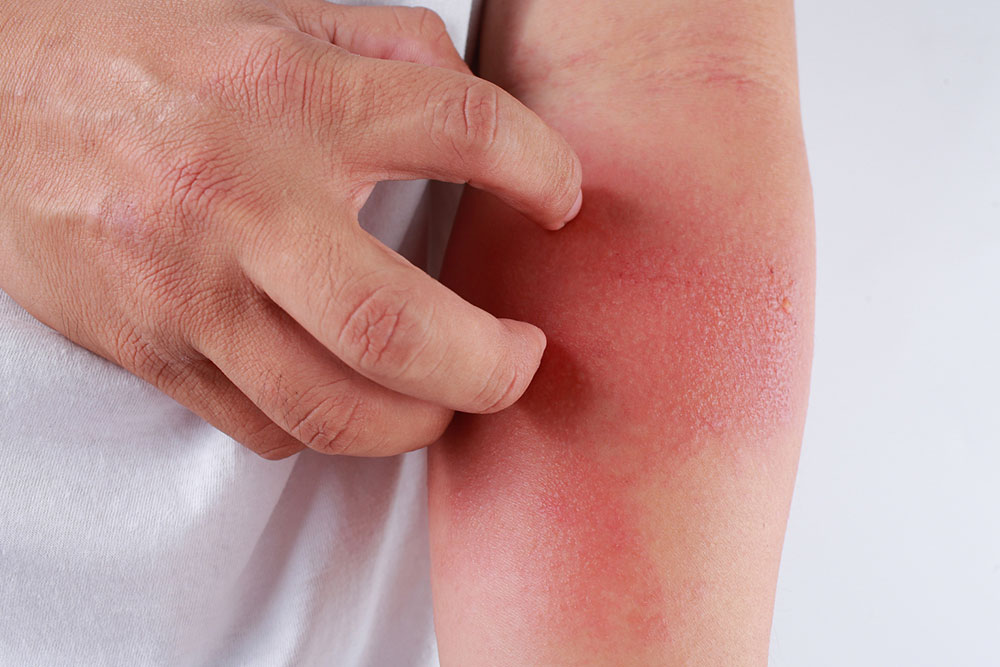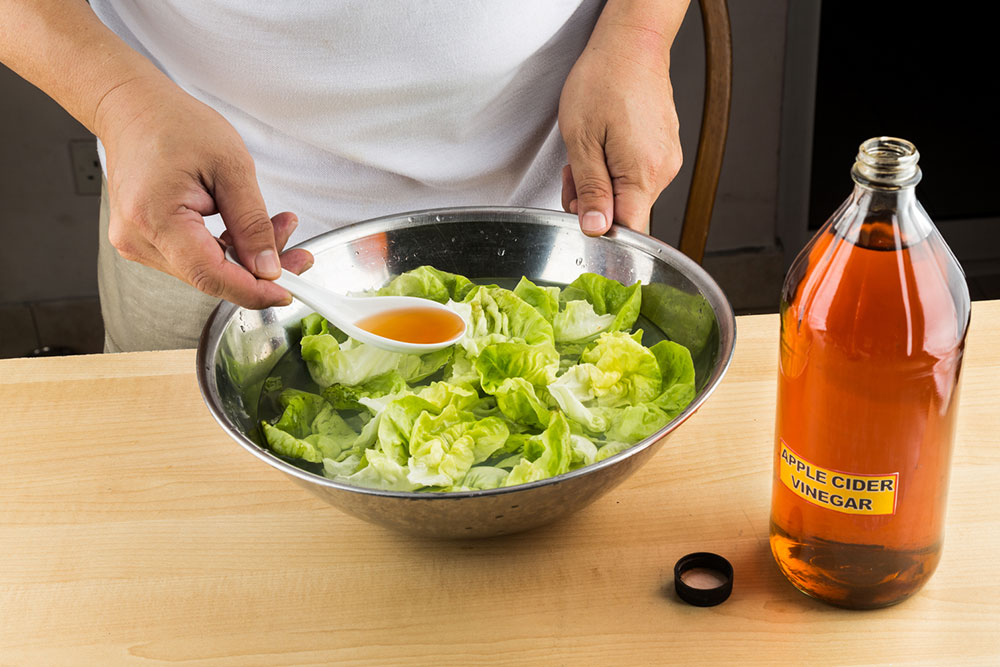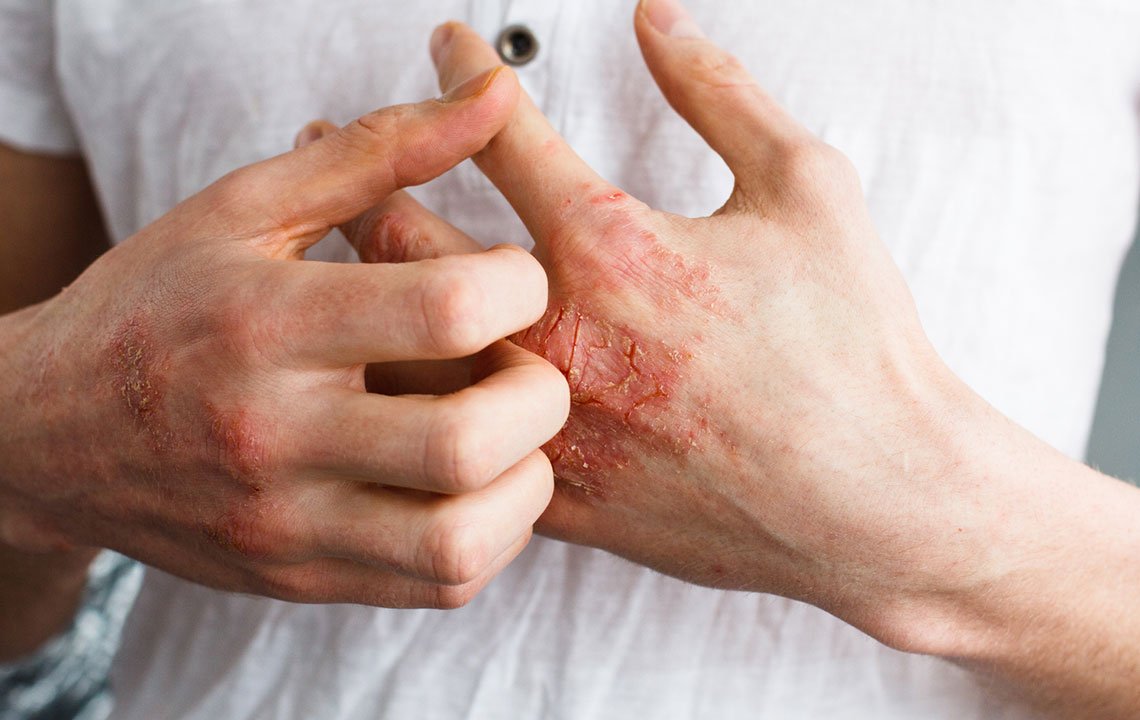Nutritional Approaches to Alleviate Eczema Symptoms
This article explores dietary strategies for eczema relief, highlighting anti-inflammatory foods like fruits, vegetables, probiotics, and omega-3s. It also discusses foods to avoid, such as eggs, dairy, gluten, and nickel-rich items, emphasizing personalized diet planning for better skin health.

Managing eczema effectively requires attention to diet, especially since certain foods can worsen the skin condition. Recognizing and steering clear of foods that trigger flare-ups is crucial. Incorporating anti-inflammatory, soothing foods into your meals can help diminish irritation and reduce disease severity.
Ideal Foods for Eczema Relief
Including specific foods that boost the body's natural defenses may aid in controlling eczema symptoms. These foods help lower inflammation and soothe the skin.
Foods rich in anti-inflammatory compounds can help alleviate itching and discomfort associated with eczema, including:
Quercetin: An antioxidant found in vibrantly colored fruits and vegetables that acts as a natural antihistamine. Examples include apples, blueberries, broccoli, spinach, cherries, and kale.
Probiotics: Beneficial bacteria improve digestion and bolster immunity, aiding allergy prevention. Sources are yogurt, raw sauerkraut, kefir, and tempeh.
Omega-3 Fatty Acids: Known for their anti-inflammatory properties, these are found in fatty fish like salmon, mackerel, tuna, sardines, and in nuts.
Dietary Fiber: Foods rich in fiber, such as whole grains, legumes, mangoes, nuts, seeds, and beans, support gut health and reduce inflammation.
On the flip side, some foods may exacerbate eczema symptoms and should be limited or avoided. Identifying individual triggers through elimination diets is advised.
Foods to Watch Out For
Eggs: Often allergenic and can trigger outbreaks.
Dairy Products: Some individuals, especially children, have sensitivities that worsen eczema.
Gluten: Found in wheat, rye, and barley; certain people react adversely.
Nickel-Rich Foods: Beans, oats, chocolate, and canned foods may increase itching due to nickel content. Consuming more fruits and vegetables can help reduce metal absorption.
Creating a personalized diet plan that emphasizes safe foods and avoids specific triggers can significantly improve eczema management.


